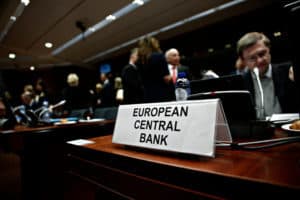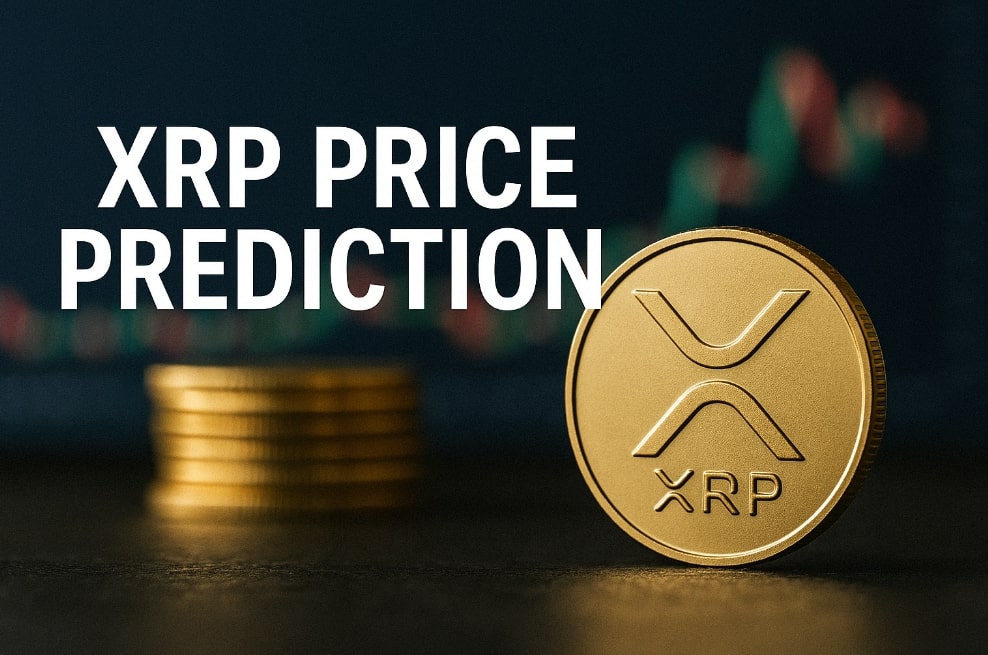2019-6-5 15:30 |
Information processing has changed drastically, ever since the inception of the Internet. However, the payment industry has not. It has remained the same, slow, tedious and time-consuming. Unlike data, payment doesn’t flow seamlessly owing to various factors such as the fact that every country has a centralized ledger which is not linked to other countries.
To prevent the same and further improve payment processing, Ripple and Stellar Lumens are individually working on cross-border payments solutions using blockchain/distributed ledger technology.
The Bank of Japan and European Central Bank have started working towards the common goal of improving cross-border payments with the start of Stella Project back in 2016. The third phase of Stella project touches mainly on the types of risk associated with cross-border payments i.e. credit risk.
However, phase 3 approached this risk and made sure that credit risk problem would be mitigated by synchronizing and locking the funds in an escrow. The summary of its report stated,
“This risk can be mitigated if the payments are synchronized and funds are locked, but in today’s world such synchronization rarely happens”
Stella built a new approach for settlement across ledgers through a process called “Hashed Time lock Contracts” [HTLC], which will further help synchronize payments.
However, the study in question also confirmed,
“The report concludes that only payment methods with an enforcement mechanism, either through the ledger itself or through a third party, can ensure that the transacting parties who completely satisfy their responsibilities in the transaction process are not exposed to the risk of incurring a loss on the principal amount being transferred.”
The report further summarized that the payment method with HTLC5 proved the technical feasibility of synchronized settlement between different types of ledgers, including settlement between DLT and centralized ledgers. In conclusion, from a technical perspective, the safety of today’s cross-border payments could potentially be improved by using payment methods that synchronize payments and lock funds along the payment chain.
It is also important to note that in the full summary of the research, the article stated,
“The analysis and experimental results presented in this report are not geared towards replacing or complementing existing arrangements, which include central bank-operated payment systems. Moreover, legal and regulatory aspects are outside the scope of the project. Project Stella offers a contribution to a wider debate on the possible usage of DLT in the field of payments and financial market infrastructure services”
The post Bank of Japan, European Central Bank complete phase three of cross-border payments testing appeared first on AMBCrypto.
origin »Time New Bank (TNB) на Currencies.ru
|
|












